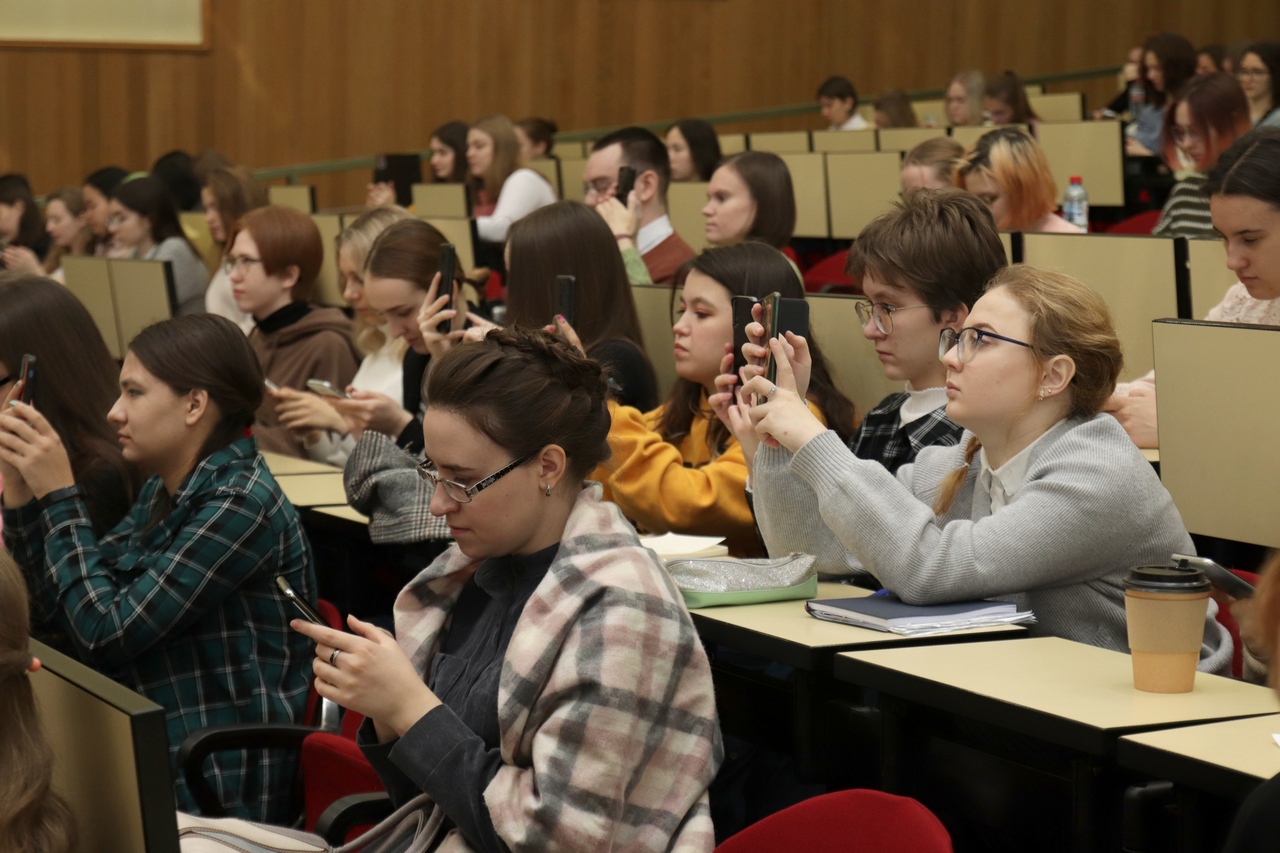From 14th to 16th of November ISU held a conference of young scientists with international participation "«Tsifra» (digit) in social and humanitarian research: method, field, reality?" organized by ISU Institute of Philology, Foreign Languages and Media Communication. The participants of this scientific event discussed a wide range of issues related to the role and place of digital technologies in modern humanities, primarily linguistics and social anthropology.
The conference was attended by representatives of the Irkutsk State University (including students), St. Petersburg University, HSE University, Institute of the Russian Language of the RAS, Institute for System Programming of the RAS, Diplomatic Academy of the Ministry of Foreign Affairs of the Russian Federation, Petrozavodsk State University, Pacific National University, Voronezh State University, Novosibirsk State University.
At the opening of the conference, Konstantin Grigorichev, ISU Vice-Rector for Research and International Relations, and Marina Tashlykova, Director of the ISU Institute of Philology, Foreign Languages and Media Communication, made welcoming speeches.
The scientific part of the event began with a plenary session, at which reports were made by representatives of St. Petersburg University, HSE University, Russian Language Institute of the RAS, PetrSU.
The conference continued in sections:
- Digital technologies as a field of humanitarian research: problems of description and interpretation of the digital environment
- Digital technologies as a tool for humanitarian research: the use of various software to analyse the language data
- Exact humanities: the role of quantitative data in modern humanitarian research
- Exact humanities: the role of quantitative data in modern humanitarian research.
Each section was completed by a roundtable discussion, the participants exchanged opinions and summed up the results of the previous work.
In addition, the School of Young Scientists “«Tsifra» in social and humanitarian research: methods and technologies of information processing” was held within the framework of the conference. The students of the School participated in the master classes held by representatives of St. Petersburg University and HSE University.
















